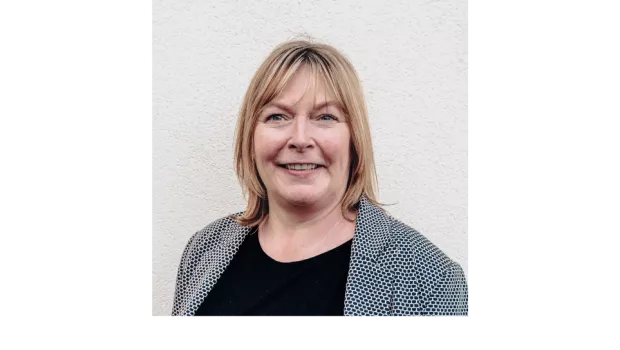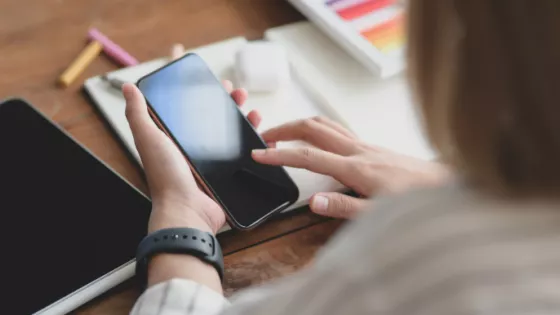What do we mean by safeguarding?
At Young Epilepsy, we are committed to safeguarding and promoting the welfare of all children and young people with epilepsy.
Safeguarding means more than preventing harm — it’s about ensuring safety, wellbeing, and the voices of children, young people, and adults are at the heart of everything we do. It’s about balancing protection with opportunity so people can live, learn and thrive.
We take this approach across everything we do — from education, residential and health services at our St Piers campus to youth support, campaigning, fundraising and participation programmes across the UK.
What is a safeguarding concern?
Harm can take many forms. We are alert to risks such as:
- Abuse or neglect
- Domestic abuse
- Bullying
- Self-harm or suicidal thoughts
- Online grooming or exploitation
- Sexual exploitation
- Female genital mutilation (FGM)
- Discrimination or hate crimes
- Sexting or sextortion
- Radicalisation
Sometimes concerns are obvious. Other times, they may be a gut feeling that something isn’t right. Both matter — and both should be acted on.
How we protect people at risk
Everyone at Young Epilepsy — whether they work directly with children and young people or not — is expected to be alert to possible risks of harm.
We have clear safeguarding policies and training so staff and volunteers know:
- What to look out for
- How to respond if they are worried
- Who to contact for advice or action
In all our face-to-face and digital services, we explain our safeguarding responsibilities openly. Families and young people are informed that while we respect confidentiality, we will share information if it is necessary to protect someone from harm.
We also recognise that online environments bring new opportunities as well as risks. That’s why our safeguarding practices extend to every part of our digital work — from supporting safe participation in virtual groups, to monitoring risks on social media, to making sure our online platforms remain safe spaces for children, young people and their families.
Who is responsible for safeguarding at Young Epilepsy?
Everyone. Every staff member, volunteer, service user and visitor is responsible for their conduct — and for speaking up if they are worried about someone’s safety.


